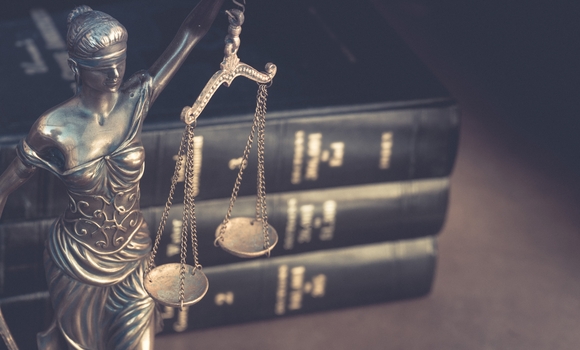The Institute of Legal Secretaries and PAs
Dedicated to your career every step of the way

Criminal Law and Procedure
Part 1: Criminal Law
Through studying this part of the unit, the learner will understand:
- The nature of crime and the difference between crimes and torts
- What is meant by the burden of proof in crime
- The elements of a crime – Actus Reus and Mens Rea
- The differences between Strict Liability crimes and those requiring intent
- The general defences of mistake, automatism, insanity, intoxication, duress and necessity
- What is meant by the crime of homicide and how to distinguish between lawful and unlawful homicide
- The differences between causation in fact and causation in law
- The meaning of the crime of murder
- The differences between murder and manslaughter
- The meaning of voluntary manslaughter and special defences
- The meaning of involuntary manslaughter
- The crime of theft and the differences between theft, fraud, obtaining by deception, burglary and robbery
- The differences between the sentences that can be imposed for murder and manslaughter
Part 2: Criminal Procedure
Through studying this part of the unit, the learner will understand:
- The role of the Crown Prosecution Service in criminal proceedings
- The standards of proof in a criminal trial compared with that in a civil trial
- The Police powers of arrest and the operation of the main provisions of PACE
- The concept of bail and the criteria of the court in deciding upon bail
- The availability of legal aid in connection with criminal proceedings
- The jurisdiction of the Magistrates Court, Crown Court and Court of Appeal (Criminal Division)
- The procedure on a summary trial for a summary offence
- The difference in procedure where the offence is a hybrid offence
- The procedure for the transfer of indictable offenders from the Magistrates Court to the Crown Court for trial
- Each stage of the procedure on a trial on indictment
- The differences between the trial of an adult and the trial of a young person
- The function in a criminal trial of the Judge and the Jury
- How a Jury is selected and who is eligible and not eligible to sit on a Jury
- The different types of sentences that can be passed by a trial Judge
Coursework: Achievement test and written assignments














